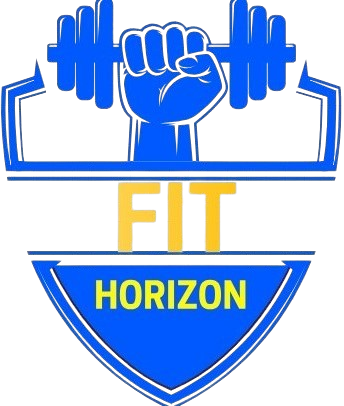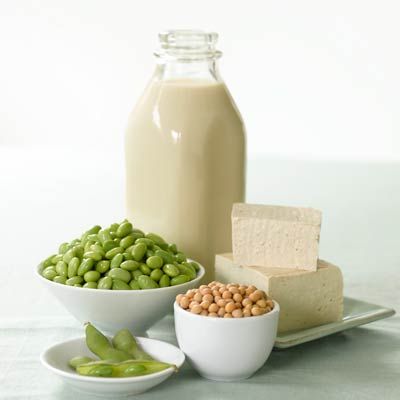In recent years, plant-based diets have gained popularity for their health benefits and ethical considerations. However, one of the biggest concerns among those following vegan or vegetarian diets is whether they’re getting enough protein. The truth is, with the right approach, Vegan & Vegetarian Protein can easily meet your nutritional needs. In this blog, we’ll discuss how to ensure you’re consuming enough plant-based protein to stay strong, healthy, and energized.
Why Protein Matters in a Vegan & Vegetarian Diet
When switching to a plant-based diet, it’s important to understand the role of protein and how to get enough of it. Protein plays a vital role in building and repairing tissues, supporting immune function, and promoting muscle growth. For vegans and vegetarians, vegan & vegetarian protein can be sourced from a variety of whole foods and supplements, ensuring that you meet your daily needs.
Unlike animal protein, many plant proteins are not “complete,” meaning they may not contain all nine essential amino acids. However, by combining different plant-based foods throughout the day, you can create a balanced amino acid profile. For instance, pairing beans with rice provides the essential amino acids your body needs for proper function.
Top Vegan & Vegetarian Protein Sources
Luckily, there are plenty of plant-based foods rich in protein that can be added to your diet. By incorporating these into your meals, you can easily meet your protein needs.
1.Legumes: Beans, Lentils, and Chickpeas
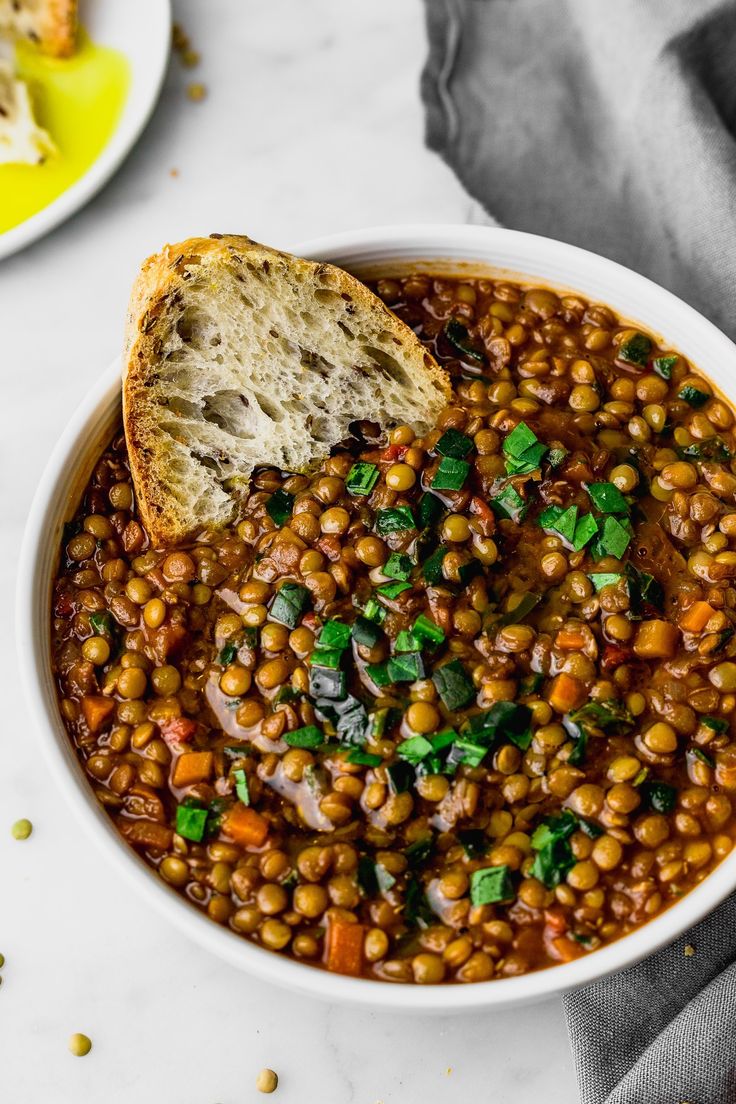
Legumes are excellent sources of protein, with beans and lentils providing up to 18 grams of protein per cooked cup. They’re also high in fiber, which is great for digestive health. You can enjoy them in a variety of dishes, from curries to salads, or blend them into soups for a filling meal.
2.Tofu and Tempeh
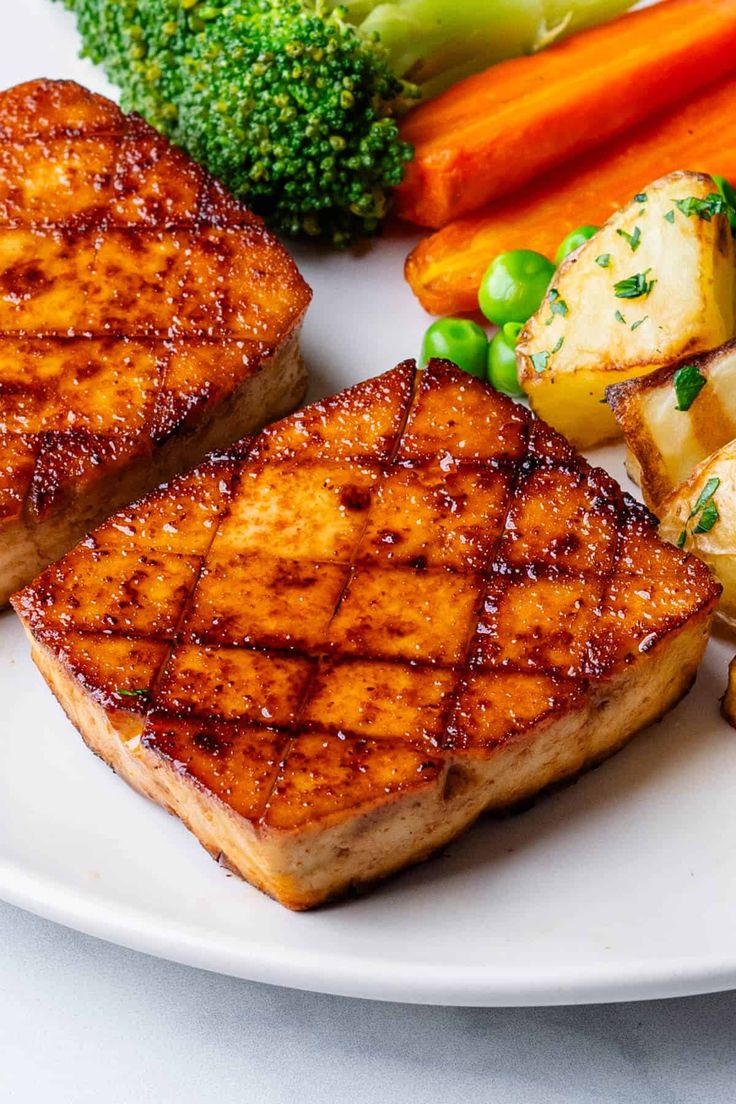
Made from soybeans, tofu and tempeh are protein-rich foods that are staples in many vegan and vegetarian diets. Tofu is incredibly versatile, absorbing the flavors of whatever it’s cooked with, while tempeh has a firmer texture and nutty taste. Both are perfect for stir-fries, sandwiches, and other hearty meals.
3.Nuts and Seeds
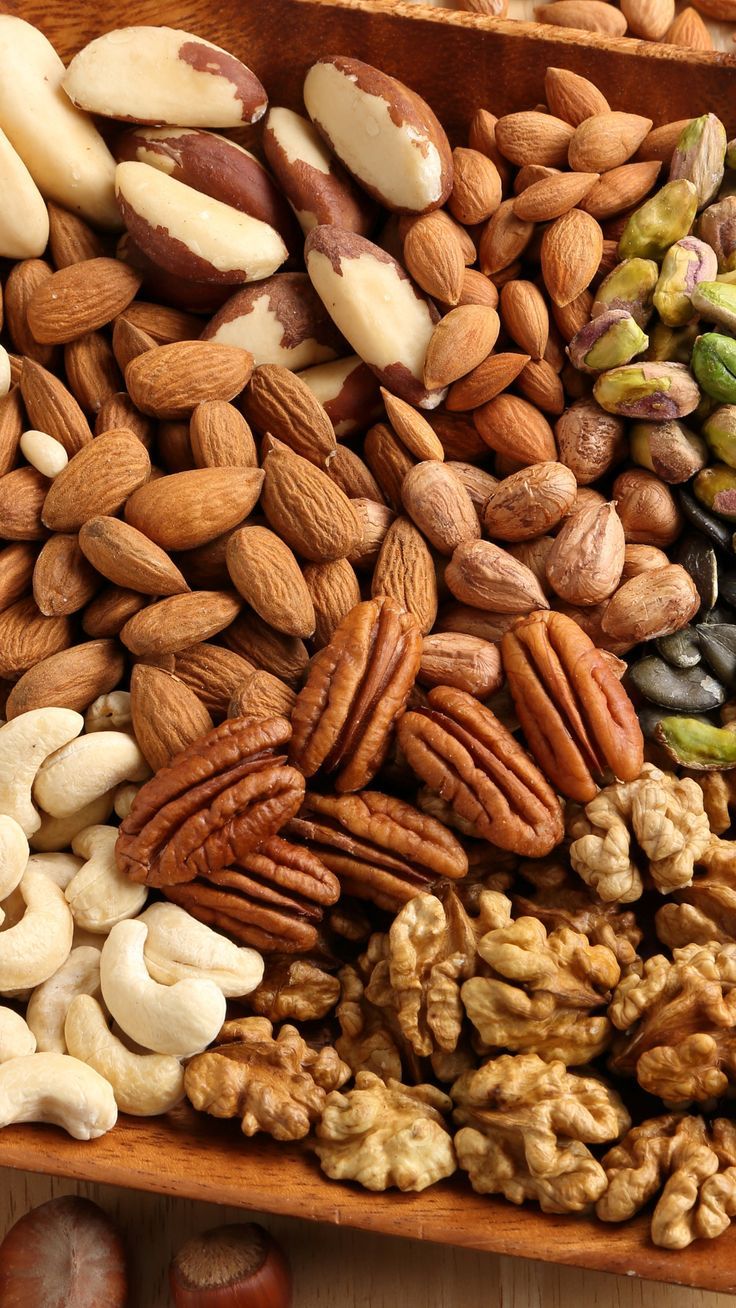
Nuts such as almonds, walnuts, and cashews, along with seeds like chia and pumpkin, are packed with protein and healthy fats. These foods are great for snacking and can also be added to smoothies, oatmeal, or even baked goods for an extra protein boost.
4.Whole Grains
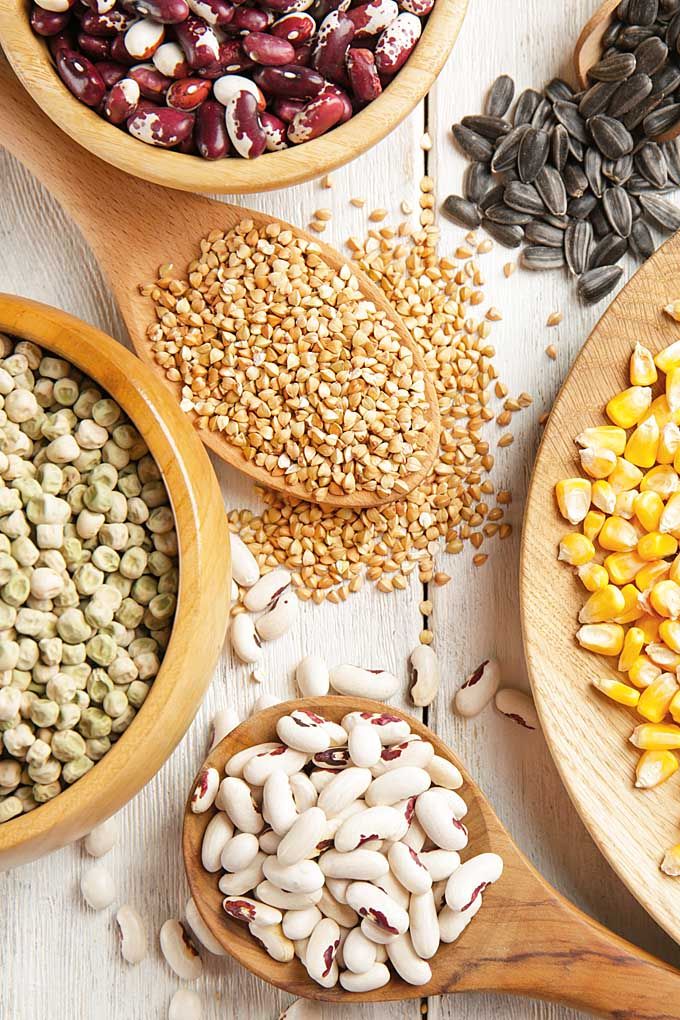
Whole grains such as quinoa, barley, and oats are not only rich in protein but also provide a host of other nutrients, including fiber and B vitamins. Quinoa, in particular, is considered a complete protein because it contains all nine essential amino acids, making it an excellent choice for anyone on a plant-based diet.
The Role of Protein Supplements for Vegans and Vegetarians
While whole foods should form the foundation of your diet, protein supplements can be a convenient way to boost your protein intake. Vegan & vegetarian protein powders, derived from sources like pea, hemp, or brown rice, are excellent alternatives to whey protein and can easily be incorporated into your daily routine.
Protein shakes are especially useful after workouts or when you need a quick, portable snack. They’re an efficient way to make sure you’re meeting your protein goals without consuming extra calories or sugar.
Conclusion: Getting Enough Protein on a Vegan or Vegetarian Diet
In conclusion, getting enough protein on a vegan & vegetarian diet is not only possible but also delicious and varied. By including a wide range of plant-based protein sources in your meals, you can meet your protein needs while also benefiting from the other nutrients found in whole foods. With proper planning, a vegan or vegetarian diet can provide all the protein you need for muscle growth, recovery, and overall well-being.
If you enjoyed this post, be sure to check out my other blogs as well
Connect me on Linkedin
